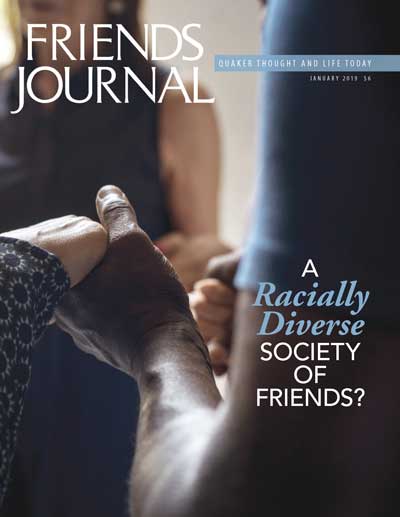Gibbons—John Felton Gibbons, 80, on April 20, 2018, peacefully, in Albuquerque, N.M. John was born on October 6, 1937, in Bauxite, Ark., to Mary Anne Donor and George C. Gibbons. His father’s work as a metallurgical engineer at the local bauxite mine led him to study geology. As a teen, he raced motorcycles. He earned bachelor’s and master’s degrees from Arkansas State University and a doctorate from Syracuse University. He married in 1961, and in 1966 began a three-year stint teaching geology at Lafayette College. In 1967 he and Barbara adopted a son, Jason. He taught at Rutgers University for two years before leaving to work in the government and in private industry, including with the U.S. Geological Survey and in the South Pacific and the Philippines.
In 1972 a motorcycle accident left a gradually worsening spinal injury. Rejecting his youth’s fundamentalist Christianity, he searched for meaning and a spiritual home, finding clues in Buddhism, especially Zen, and attending a group led by spiritual guide Mother Judith Culver. He and Barbara divorced, and she married Stephen Schlossman. John loved their son, Mikhael, as his own.
John expressed strong opinions on how to sustain water quantity and quality and the dangers of nuclear waste underground storage. He controversially denied that fracking causes earthquakes and was said to have predicted the 2011 earthquake that damaged the Washington Monument.
By 2001 he was using a wheelchair, and in 2002, his son, Jason, died from a seizure. A close relationship brought him to New Mexico, and in his last decades, he was grateful for two more close but unfulfilled relationships. Around 2010, correspondence with a close friend about Quakerism and Zen led to his first meeting for worship, at Albuquerque Meeting. He noted in a letter the children’s calmness and “quiet respect for everyone, including each other,” saying that they would never be asked to kill in a war. He also valued silence to connect with God as opposed to words, creeds, and ceremony, and he cherished the Quaker business meetings that make the insights gained in worship part of life. He joined the meeting in 2011, serving on several committees.
Children had a special place in his heart, and he appreciated and wrote poetry, often using geological images of the eons of time and human smallness and the tensions of the living Earth. His poem “Peddler” describes working as a six-year-old with a vegetable vendor who gave leftover produce to those in need with respect, discretion, and courtesy: “Empty hand inserted in pocket while leaving, to / Mime the acceptance of payment.”
He continued work as a field geologist in his wheelchair until a series of falls in 2015 produced lower body paralysis. Moving into assisted living, he gave away all his possessions, but friends gradually filled his room with gifts, including several pictures, a delightful 60-million-year-old ammonite fossil, and a geological map of New Mexico that covered a wall.
In his last years some of his deep, wide-ranging conversations ended in mutual misunderstanding. However, he continued bedside and phone dialogues with charm, grace, and concern, often saying how important Albuquerque Meeting was to him. In his last months Friends held bedside meetings for worship, although at times he ended the silence to have the friendship of conversation. Many of his extensive circle of friends dated back to his student and early working days, and he had envisioned a bedside seminar series on “the significance of the things that cannot be proved.” Friends give thanks for his life and work and remember his unfailing cheerfulness and enthusiasm.



Comments on Friendsjournal.org may be used in the Forum of the print magazine and may be edited for length and clarity.